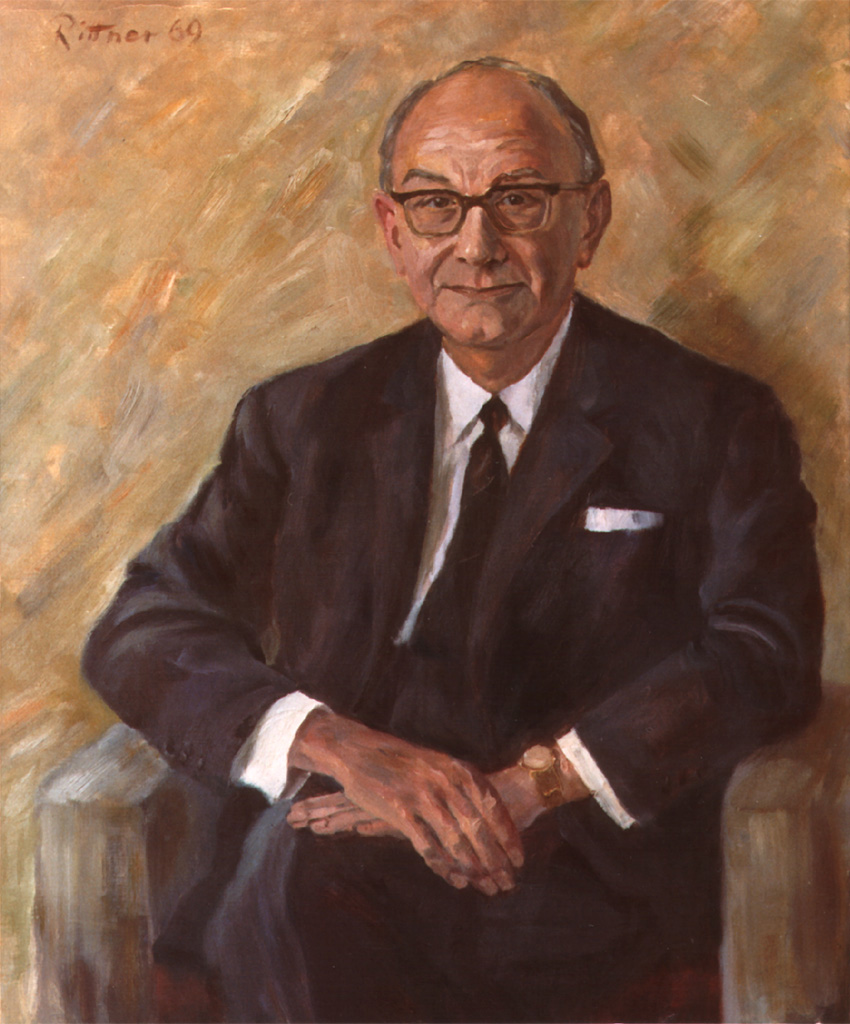Siegfried Balke on:
[Wikipedia]
[Google]
[Amazon]
 Siegfried Balke (1 June 1902 – 11 June 1984) was a German
Siegfried Balke (1 June 1902 – 11 June 1984) was a German
 Siegfried Balke (1 June 1902 – 11 June 1984) was a German
Siegfried Balke (1 June 1902 – 11 June 1984) was a German politician
A politician is a person active in party politics, or a person holding or seeking an elected office in government. Politicians propose, support, reject and create laws that govern the land and by an extension of its people. Broadly speaking ...
( CSU).
He served as German Federal Minister for Post and Communications from 1953 to 1956 and as German Federal Minister for Nuclear Energy from 1956 to 1962.
Education and professional life
Balke was born in Bochum. He obtained his master's degree in chemistry in 1924, and a doctorate in chemistry in 1925. During the Nazi period, Balke, a Protestant Christian, was classified as a "half-Jew
The term Halbjude (English: Half-Jew) is a derogatory term for people with a non-Jewish and a Jewish parent. The overwhelming majority of the so-called half-Jews were legally classified as " first-degree Jewish hybrids" during the era of Nazi Germ ...
", which prevented him from pursuing an academic career in Germany.
From 1925 to 1952, he worked for various chemical companies, until he became director of Wacker Chemie
Wacker Chemie AG is a German multinational chemical company which was founded in 1914 by Alexander Wacker. The company is controlled by the Wacker family holding more than 50 percent of the shares. The corporation is operating more than 25 prod ...
in 1952. A 50% stake of Wacker Chamie was held by the chemical conglomerate IG Farben until 1945, and then by Hoechst AG. After 1945, Balke was one of the few executives of the German chemical industry not stained by Nazi collaboration, which led to his chairmanship of the Association of the Bavarian Chemical Industry. He was honorary professor for chemical processing at the Ludwig-Maximilians-University in Munich
Munich ( ; german: München ; bar, Minga ) is the capital and most populous city of the German state of Bavaria. With a population of 1,558,395 inhabitants as of 31 July 2020, it is the third-largest city in Germany, after Berlin and Ha ...
since 1956.
After his resignation as Minister for Nuclear Energy, he was president of the Confederation of German Employers' Associations (BDA) from 1964 to 1969 and chairman of the Technical Monitoring Association ( TÜV).
Balke was co-publisher of "Ullmann's Encyclopedia of Technical Chemistry" as well as the periodicals "Chemical Industry" and "Nuclear Economy" (all in German).
Party
From 1954, Balke was a member of the CSU.Member of Parliament
From 1957 to 1969, Balke was a member of the German parliament (Bundestag
The Bundestag (, "Federal Diet") is the German federal parliament. It is the only federal representative body that is directly elected by the German people. It is comparable to the United States House of Representatives or the House of Common ...
).
In the federal elections of 1957 and 1961, Balke was elected to the German parliament as a direct representative of the Munich-North district, and in 1965 through the state list of Bavaria.
Public Offices
Following the German federal elections of 1953, he was appointed to serve as Federal Minister of Post and Communications in the cabinet ofKonrad Adenauer
Konrad Hermann Joseph Adenauer (; 5 January 1876 – 19 April 1967) was a German statesman who served as the first chancellor of the Federal Republic of Germany from 1949 to 1963. From 1946 to 1966, he was the first leader of the Christian Dem ...
based on a recommendation by the CSU party group.
One aspect for his appointment was his Protestant faith, which allowed to preserve a denominational balance in
the cabinet.
On October 16, 1956, he became Federal Minister for Nuclear Energy.
After the cabinet reshuffle following the Spiegel scandal, Balke was dismissed from the federal cabinet on December 13, 1962.
During Balke's term as Minister for Nuclear Energy, the German Electron Synchrotron ( DESY) was founded, one of
Germany's largest research centers for particle physics
Particle physics or high energy physics is the study of fundamental particles and forces that constitute matter and radiation. The fundamental particles in the universe are classified in the Standard Model as fermions (matter particles) an ...
. While Balke's predecessor Franz Josef Strauß
Franz Josef Strauss ( ; 6 September 1915 – 3 October 1988) was a German politician. He was the long-time chairman of the Christian Social Union in Bavaria (CSU) from 1961 until 1988, member of the federal cabinet in different positions between ...
focused
his interest on military nuclear technology, Balke was mostly interested in research for civilian purposes.
In 1957, he publicly sided with the signers of the Göttingen Manifesto The Göttingen Manifesto was a declaration of 18 leading nuclear scientists of West Germany (among them the Nobel laureates Otto Hahn, Max Born, Werner Heisenberg and Max von Laue) against arming the West German army with tactical nuclear weapons ...
against arming the German military with tactical nuclear weapons. More than Strauß, and more than his successors, Balke was close to the interests of the nuclear industry. He was an advocate of an independent German nuclear industry.
Balke died in Munich
Munich ( ; german: München ; bar, Minga ) is the capital and most populous city of the German state of Bavaria. With a population of 1,558,395 inhabitants as of 31 July 2020, it is the third-largest city in Germany, after Berlin and Ha ...
.
Sources
German Wikipedia article Joachim Radkau, ''Aufstieg und Krise der deutschen Atomwirtschaft'', Reinbek 1983, {{DEFAULTSORT:Balke, Siegfried 1902 births 1984 deaths Members of the Bundestag for Bavaria People from Bochum People from the Province of Westphalia Grand Crosses 1st class of the Order of Merit of the Federal Republic of Germany Members of the Bundestag for the Christian Social Union in Bavaria